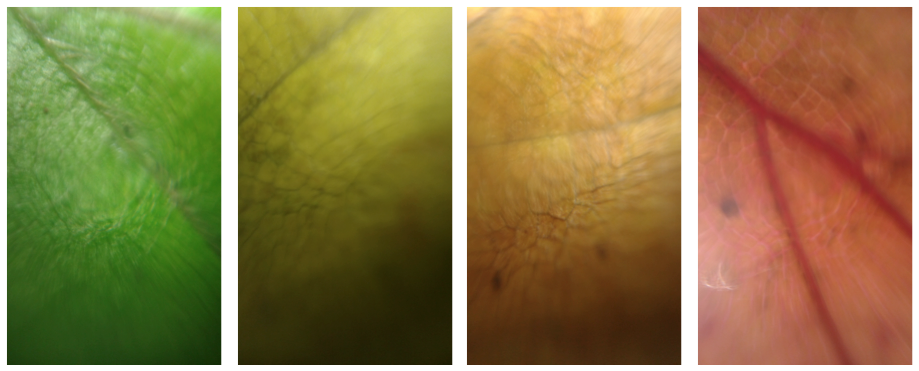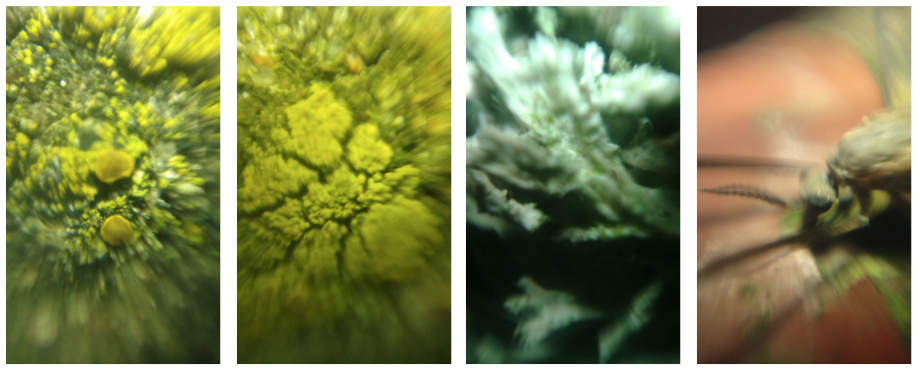Lets just skip over the (slightly depressing) fact that we seem to have skipped over summer this year. I’m not really sure there was even a proper spring, though in Scotland’s defence, I wasn’t in the country for most of it, so maybe I just skipped over it personally. But I think it’s official now, the clocks have been turned back, petty colds have made their introduction, people have started to quote Game of Thrones and the trees have started painting a colourful palette. Autumn is here.

You might have noticed I said autumn and not fall. I may sound very American (not that you can hear that by reading this), but let’s be fair, autumn is simply a much nicer word.
Let’s dig in a bit deeper. Until the 16th century, autumn was referred to as Harvest, from the Old Norse word haust meaning “to gather or pluck.” In those days, a lot of people were dependent on farming, and this was the time to harvest crops, so it makes sense. But as more people went to go live in towns and cities, the word wasn’t as relevant anymore. Two new words came into use then: Fall, which was probably short for “fall of the leaf” and Autumn from the Latin automnus. There were both used, as far as I understand, but at a certain point of time the colonies stuck to the word fall (maybe because it’s easier to spell?), while fall fell into disuse in the UK. It’t quite interesting how US english and UK english started to evolve differently, and this season’s name is just one example.
Etymology aside, what I have noticed most, is that here in Dundee, in the autumn, it’s like living in a cloud. No, I’m not being particularly dreamy, or aspire myself to be in the virtual datacloud. It’s literally in a cloud. It gets really really foggy, or misty, or hazy, and this results in feeling like your stuck in a The Gothic Archies song.
Okay, turns out foggy is the best word. In ye olden days, it would have been hazy, but language has evolved since then (yes, were talking about the words again). In general, mist and fog both consist of tiny water droplets, a low hanging cloud if you will, and their difference is quite vague and depends a lot on who you ask. Let’s just say fog is thicker than mist and is what caused my plane yesterday to be cancelled, and the next one to be delayed (because they waited until it got foggy again!), causing me to finish 2,5 books over the whole day. Haze is used to refer to a particularly thick fog, but now means “a rather thin fog and other causes of reduced visibility”, for example heat haze, something that I have not seen occur here yet.
Just imagine a night out drinking: you might be hazy after a few beers, misty after a few more, and foggy would be the last step before a complete black out. Not that I would know.
There another mist/fog-phenomena occurs here quite often: haar. This is cold sea fog that occurs when warm air passes over the cold North Sea, causing it to condense locally. This haar seeps in over the Tay (the local river) and in some cases just stays confined right there. It feels a bit like a scene in where cursed pirates would use a cloak of mist to creep up on their victims, in this case the city of Dundee.
Well, I guess autumn in Dundee is not that bad. It’s occasionally eerie. But in the moments when there is no fog, the sunrises are absolutely stunning, and there is nothing better to wake you up than a morning stroll in the cold. Bring along a pocket microscope and have a blast.


* From Autumn by Paolo Nutini.

